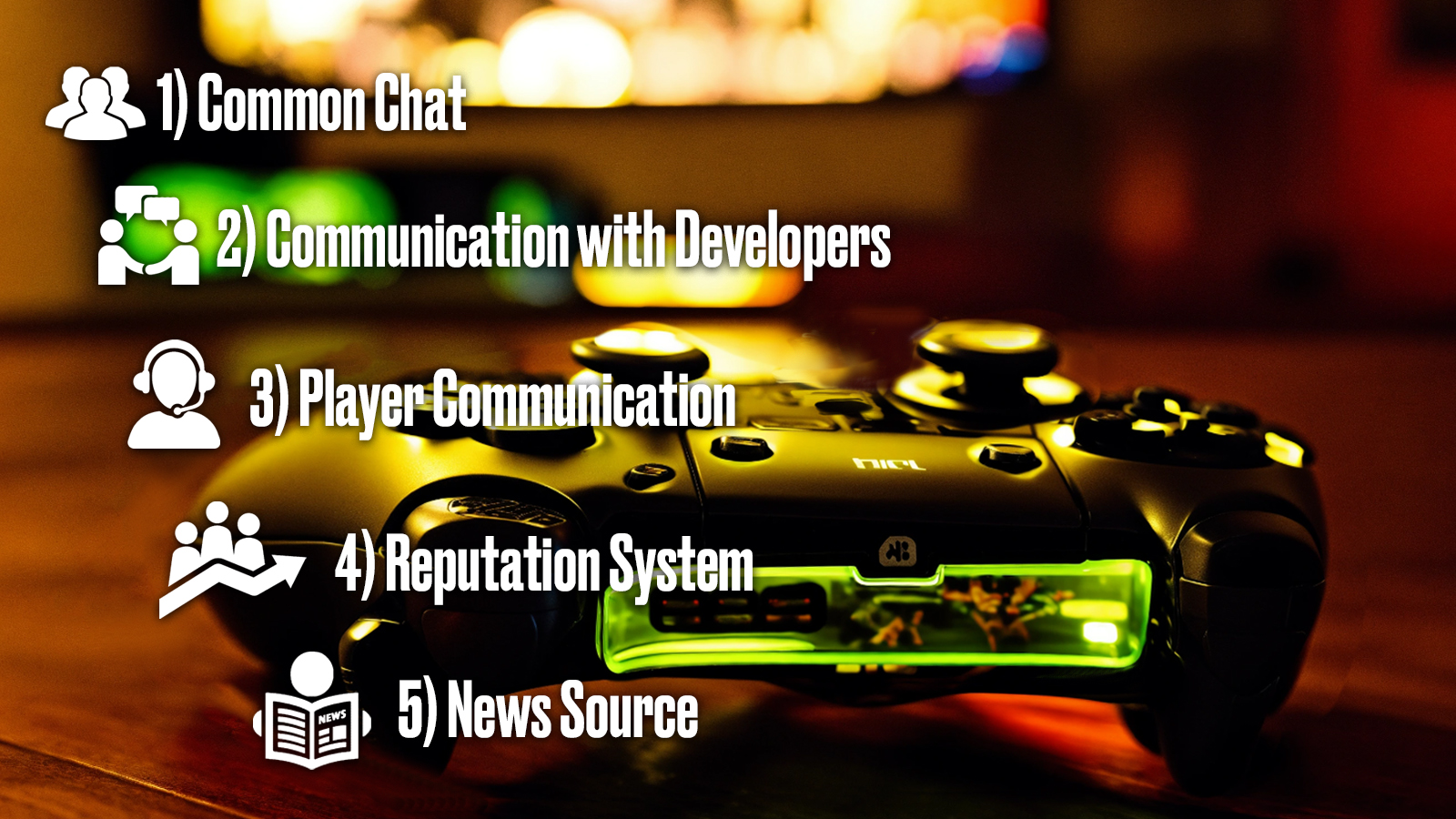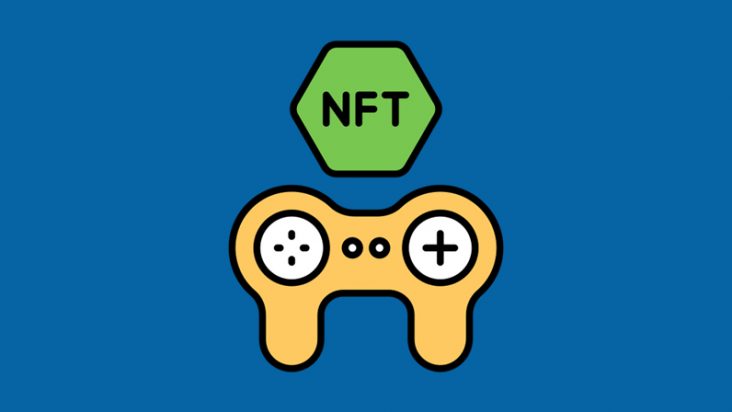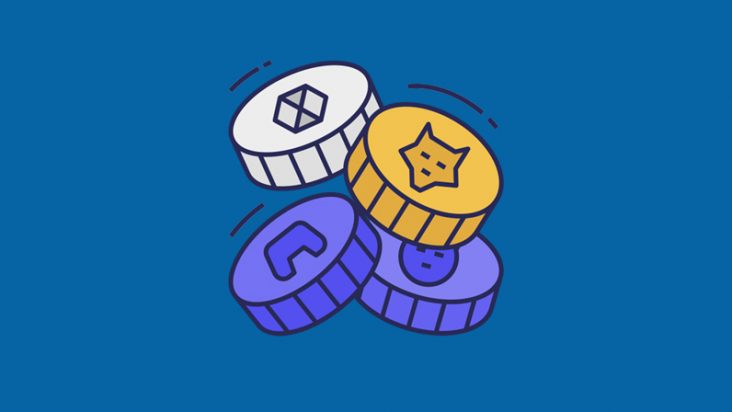
The impact of gaming communities on player experience cannot be overstated. Communities provide an opportunity to better understand the game as well as learn its rules and mechanics. Here, experienced players can assist newcomers by sharing tips and strategies. Additionally, communities often organize multiplayer events and hackathons, which may include competitions and major projects related to game development and technologies. The main reason behind gaming communities’ formation is their social aspect: developers often design games in such a way as to encourage interaction between users, leading to the creation of strong communities, which are even more important for multiplayer titles where, for example, team battles may require a lot of coordination, so communities serve to facilitate player interaction.
In return, gaming communities can also influence game developers by suggesting changes or innovation that can then be implemented in the title. Ultimately, gaming communities create a space for like-minded individuals to meet and communicate with each other. Although the exact goals and interests vary between different communities, their main task remains the same: to provide players with opportunities to interact, share experience, and enjoy the game in a social environment. Thus, joining the community for your favorite game can greatly enrich your gaming experience.
Games are often designed to unite people by providing opportunities for playing together and discussing various gaming moments. However, the responsibility of creating and developing gaming communities falls to the developers, who need to attract and retain loyal players for their projects. Let us see how this process typically take place.

First, note that particular gaming communities may consist of esports fans, co-op players, streamer followers, and many other groups united by a common interest in specific games, genres, platforms, etc.
Game developers aim to create active communities, as this directly affects their games’ popularity and success. Negative social interactions can repel players, while positive reviews and community recommendations attract more following instead. Therefore, creating a favorable environment within the community is crucially important.
To maintain a healthy atmosphere in their community, developers implement systems that reward positive actions and penalize negative behavior. These can be, for example, platform-side reputation mechanics or mechanisms that punish harmful demeanor, such as muting, blocking, or otherwise restricting access to social features for users engaging in offensive speech.
However, each community faces its own challenges. For example, a project may have a problem with toxic players that create an unpleasant social environment. This issue then requires moderator intervention or automated systems to maintain order and keep a respectful tone of discussion within the community. Because of this, developers must continuously monitor and stay involved in their community.
With the implementation of new technologies, such as artificial intelligence, developers find new ways to identify and prevent toxic behavior even before the gaming process begins, thus helping minimize bad actors’ negative impact on the rest of the community. Basically, game developers not only create a product but also actively participate in the formation and oversee the maintenance of the surrounding community, which in turn plays a pivotal role in ensuring said product’s long-term popularity and success.
Let us now discuss the main advantages of gaming communities. Note that a community will inevitably form around a successful enough game, but its healthy growth then becomes the developer’s responsibility. Communities are used to exchange opinions, spread awareness of upcoming events, help players stay involved with the game, and prevent them from abandoning it. Thus, communities should have at least one common chat and/or news channel.

Common Chat
In P2E games, where economic aspects play a key role, a common chat can serve as a platform for discussing in-game changes, updates, and other important aspects related to monetization. This creates transparency and helps strengthen trust between developers and their players. A chat is also a valuable source of user feedback, which developers can use to improve gameplay and balance, as well as optimize their economic models. Active player participation in discussions can reveal potential issues and new opportunities for project growth. In games where disputes or conflicts may arise, the presence of a common chat allows for the prompt resolution of any emerging situations. This also helps the project’s support service to stay in touch with players, promptly responding to their requests. Chat is thus a place of power, where game developers dwell, and a bot may bring players together for communication, announcements, and giveaways. It is also a realm with its own atmosphere, where player and developer reputations are forged. The main thing with the latter is to choose the project you are going to pin your reputation on wisely. I have a previous article on this subject: what to pay attention to during full project evaluation, how not to fall victim to a beautiful trailer and a promise too good to be true, etc.
Developer Communication
Now, let us talk about player “pains.” Game developers should be visibly involved in the process of solving problems, answering requests in a timely manner. Tech support must work like a well-oiled machine for the game to thrive, otherwise people might simply start leaving in droves.
Player Communication
With multiplayer games, it is often absolutely necessary to embed some social features into your project. A few jokes shared with like-minded individuals, as well as words of encouragement or even a bit of teasing addressed to one’s in-game opponents, serve to create an entire world of virtual communication. Talking to others fosters a sense of belonging to the community, motivating players to play and return to the game. This helps maintain activity metrics and is vitally important for sustaining the game’s economy.
Reputation System
A gaming community needs to be led and revitalized, and its participants—consistently rewarded. This will help set the community’s tone. Regular rewards for various types of activity promote long-term player engagement. These may include rewards for completing tasks, participating in competitions, or just logging in on a daily basis. Using a reward system, developers can guide player behavior in the desired direction to, for example, encourage cooperation, fair play, or help newcomers.
Telegram Channel
News Source
Telegram has various functional features, such as polls, groups, and bots, which can be used to increase user engagement and gather feedback. There should be digests, constant game update news, a development calendar full of events, and opportunities to peek into the development process, all of which together will help maintain player interest. Telegram is popular among users in many countries, which makes it great for attracting and retaining an international audience. Channel subscribers can receive notifications about each new message, ensuring that important information is not lost or buried among other social media. Telegram is also known for its focus on security and confidentiality, which can be important for players and developers looking to protect their data.
When creating a game, it is very important to think about what pillars your future gaming community will be built upon, where it will gather, and what mechanics will be used to attract new participants. Unfortunately, it often happens in the gaming industry that all of this is being decided post-factum. The community then forms around an already created game and may even lack sufficient developer attention. Many such communities can be found online, and only a few of them are worth much attention.
Critical thinking and independent research remain important for adequate information flow assessment. Creating an accurate list of communities and influential figures in them requires an expert approach, as it can identify public opinion leaders with clear intentions and no conflicts of interest—those capable of providing solid arguments for or against supporting a certain project or participating in a particular community. When called upon, such people also naturally contribute to the development of a mature and informed community in the gaming sphere. You can conduct research into them independently, but it is important to be able to establish and pay attention to influential figures’ reputation and check whether they have been blacklisted anytime in the past. Luckily, Data40 has already collected information on channels, communities, and key figures who play an important role in gaming and cryptocurrency discussions, as well as examine the latest news in the related industries.








